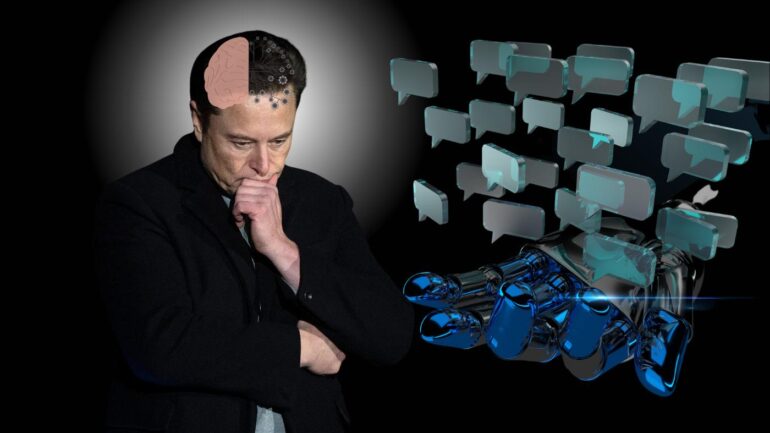One of the biggest tech leaders, Elon Musk, has signed an open letter along with other tech giants, calling for a pause on the GPT technology.
The open letter calls for “all AI labs to immediately pause for at least six months the training of AI systems more powerful than GPT-4”.
It argues that the essential issue is not related to “human-competitive” intelligence but rather the question of what happens if AI gets smarter-than-human intelligence.
So, is AI the best or the worst thing that has happened to human civilisation? What are Elon Musk and the other high-profile signatories to this letter worried about?
Dr Sophie Calabretto talks to Cosmos Magazine journalist Jacinta Bowler about artificial intelligence’s good and not-so-good applications and what they say about our AI-filled future.
“AI is intelligence. It’s not a person, it operates on what humans have fed into it or asked it to do. But if you look at what it does or can do, it can be easy to place the blame on AI,” Bowler said.
Dr Calabretto and Bowler have discussed both advantages and disadvantages of AI applications in our lives.
“One of the most intense and serious ways we can start is by looking at how AI could be used to make chemical and biological weapons,” Bowler said.
As for the advantages, Bowler says that AI can also be used to examine misinformation related to climate change and the environment.
Bowler says that researchers have trained a machine learning model to detect and categorise online climate misinformation.
“They reviewed more than 250,000 documents from 20 conservative think tanks websites and 32 climate change denial blogs…and filled up a two-decade-history of climate misinformation.”
Tune into the full episode of Science Explained with host, Dr Sophie Calabretto to hear the full recap of this month’s discoveries.
Introducing The Science Briefing: a podcast about the science of everything and your new go-to podcast for your snapshot of science news. Hosted by Dr Sophie Calabretto and featuring journalists from Cosmos Magazine.
